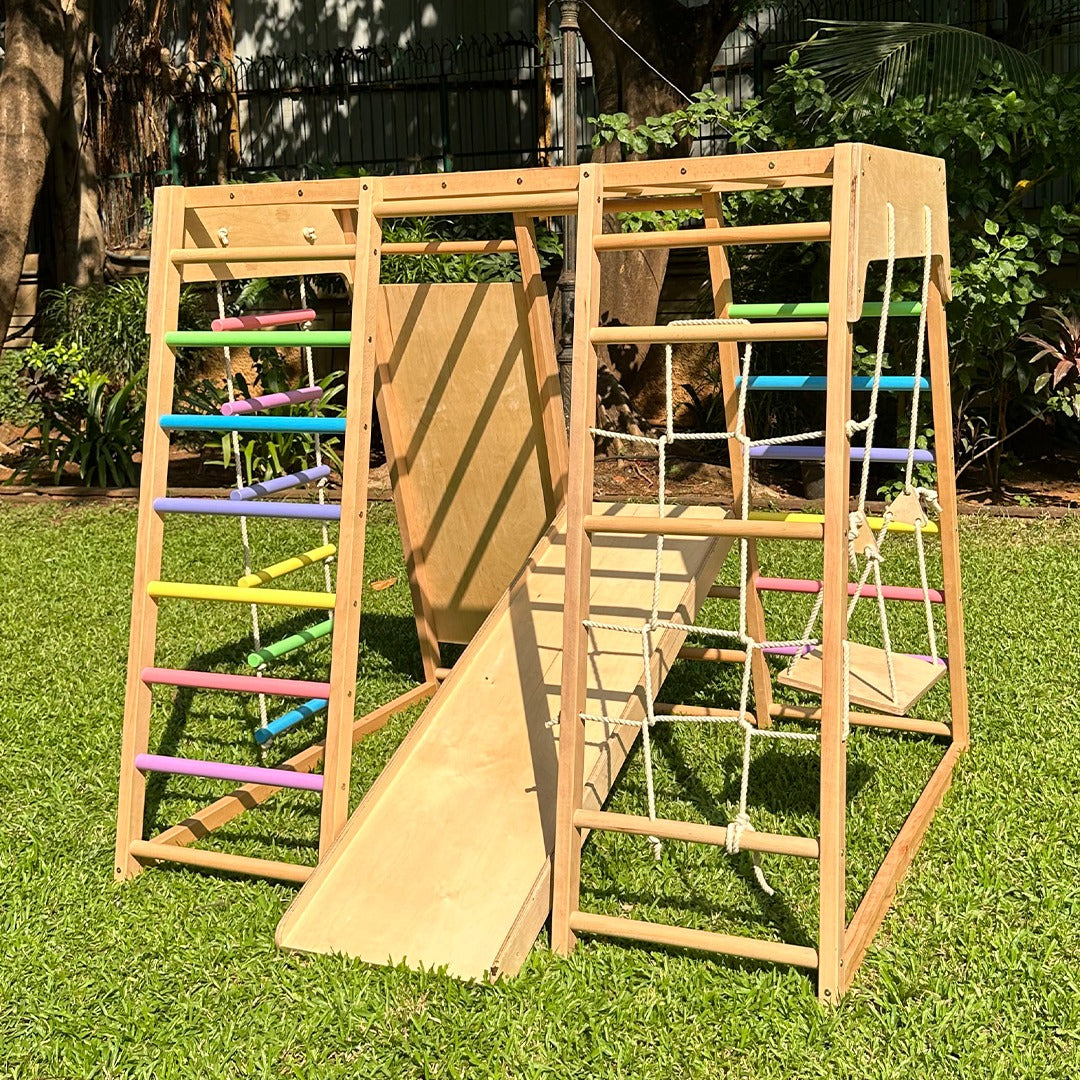In today's digital-first world, screens have become a regular part of every child's life. But too much screen time can interfere with healthy development, behavior, and sleep. That’s why creating space for screen-free play is more important than ever.
Screen-free play is not just about “no devices” — it's about giving children the chance to use their imagination, move their bodies, and engage deeply with their environment. And yes, the right toys can make this easier and more fun than you might expect.
What Is Screen-Free Play?
Screen-free play refers to any type of play activity that does not involve smartphones, tablets, TVs, or computers. It includes physical play, imaginative games, building and craft activities, reading, puzzles, and sensory exploration. These types of activities help children learn, grow, and connect with the world in meaningful ways.
Why Is Screen-Free Time Important?
- Improves attention span: Children learn to focus longer on one task when there are no digital distractions.
- Supports brain development: Hands-on play activates multiple parts of the brain at once.
- Encourages creativity and imagination: Open-ended toys allow kids to invent stories and solve problems.
- Boosts emotional regulation: Without overstimulation, children become calmer and more emotionally aware.
- Enhances motor skills: Building, stacking, sorting, and crafting improve both fine and gross motor development.
How Toys Support Screen-Free Learning
The right toy can transform a child’s space into a world of learning. Here are a few categories that work especially well:
- Montessori Toys: Encourage self-directed exploration and sensory engagement.
- Building Sets: Blocks, magnetic tiles, and construction kits promote STEM learning through play.
- Pretend Play Kits: Kitchens, doctor sets, tool kits, and dolls teach empathy, storytelling, and life skills.
- Educational Puzzles and Games: Develop logic, memory, and focus in a calm, engaging way.
- Craft and DIY Kits: Encourage self-expression and boost self-confidence through creative projects.
Tips to Reduce Screen Time and Increase Real Play
- Set a daily screen time limit based on your child’s age.
- Create a “tech-free zone” during meals, bedtime, and playtime.
- Make screen-free play visible and accessible — keep toys out, organized, and rotated regularly.
- Join in. Kids are more likely to enjoy non-digital play when adults show interest.
- Replace passive watching with active doing. Use toys to encourage curiosity and movement.
Where to Start? Let SkilloToys Help
At SkilloToys.com, we believe in toys that build minds — not just pass time. Our curated collection of screen-free toys is designed to develop cognitive, motor, emotional, and social skills across all ages.
From toddlers to early learners, we offer age-wise recommendations that support developmental needs without relying on digital engagement.
Conclusion
Limiting screen time doesn’t mean limiting fun. With the right toys, children can grow, learn, and explore more than any app can offer. Make playtime purposeful — and watch your child thrive in the real world.
Disclaimer
This article is for general educational purposes only. Always consult your pediatrician for specific concerns regarding screen time or child development. Product suggestions are based on child development principles and are not intended to replace professional advice.




